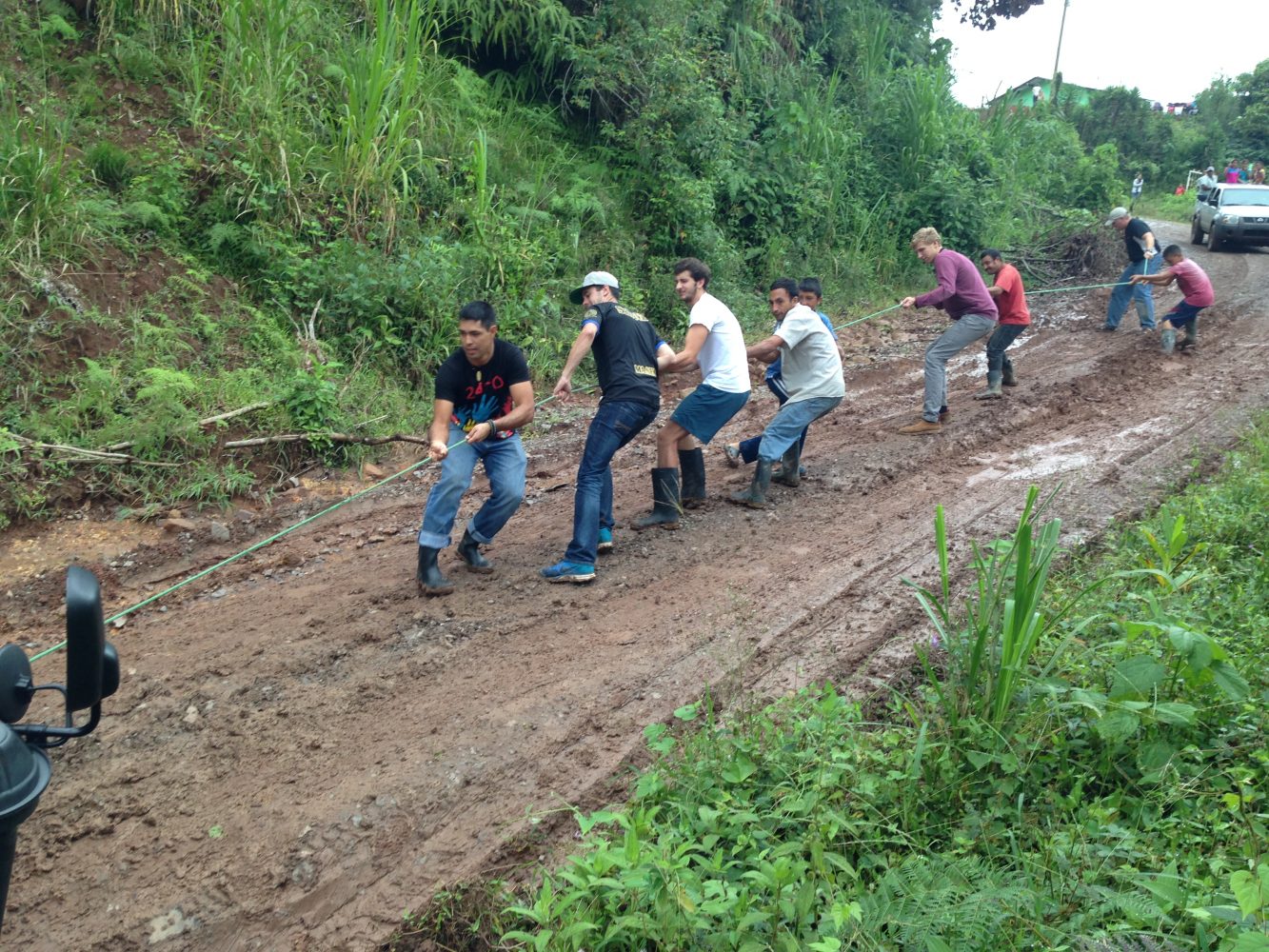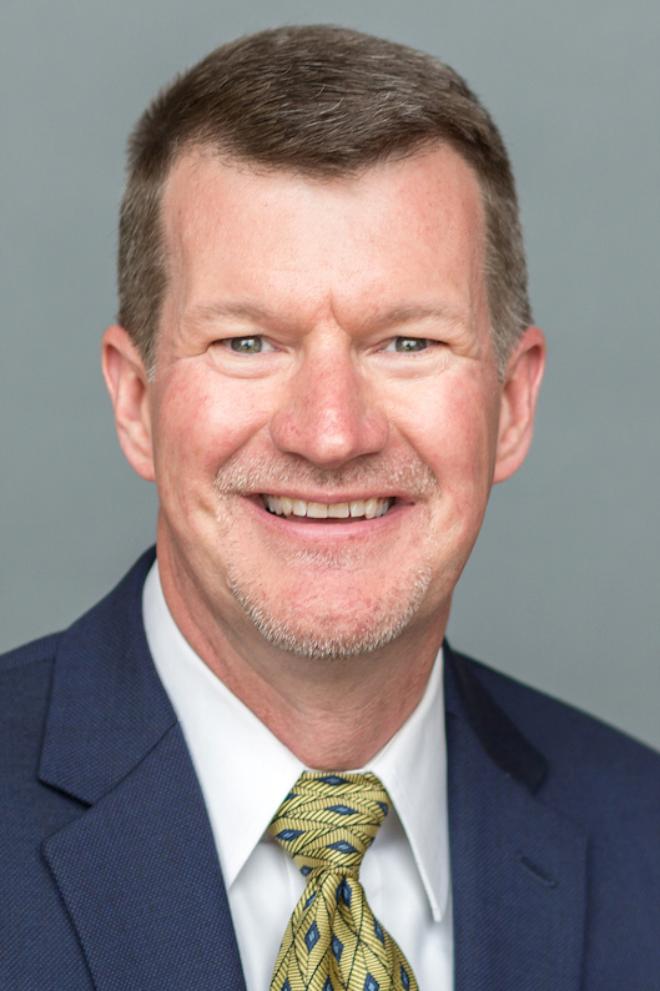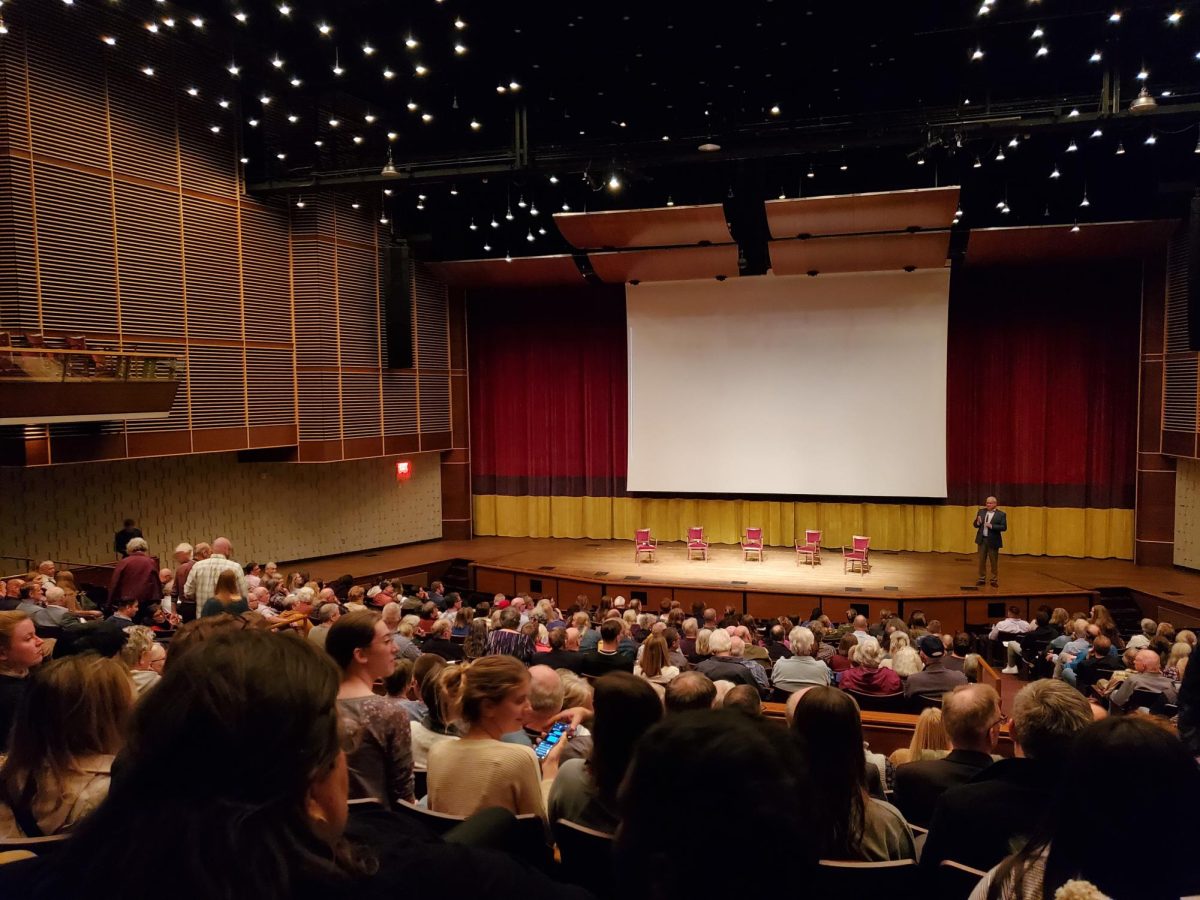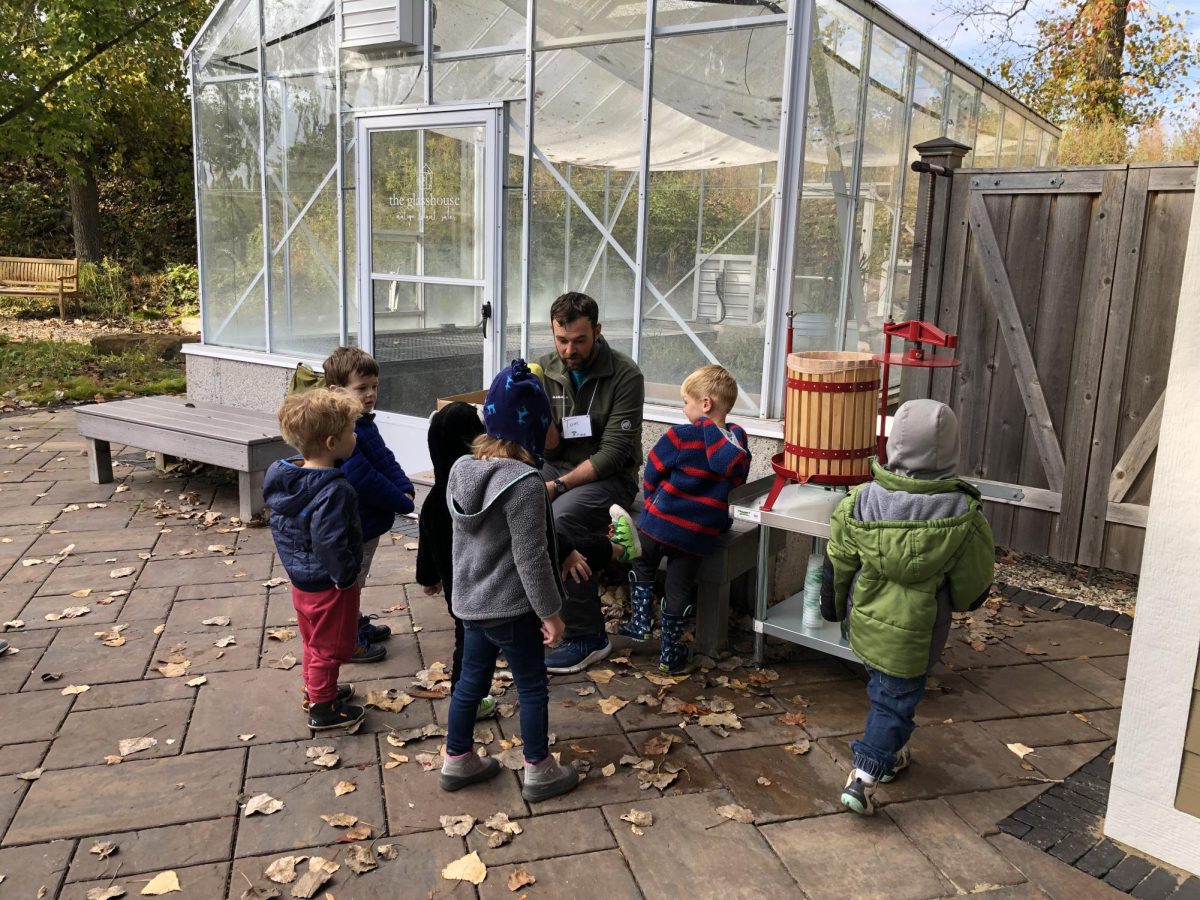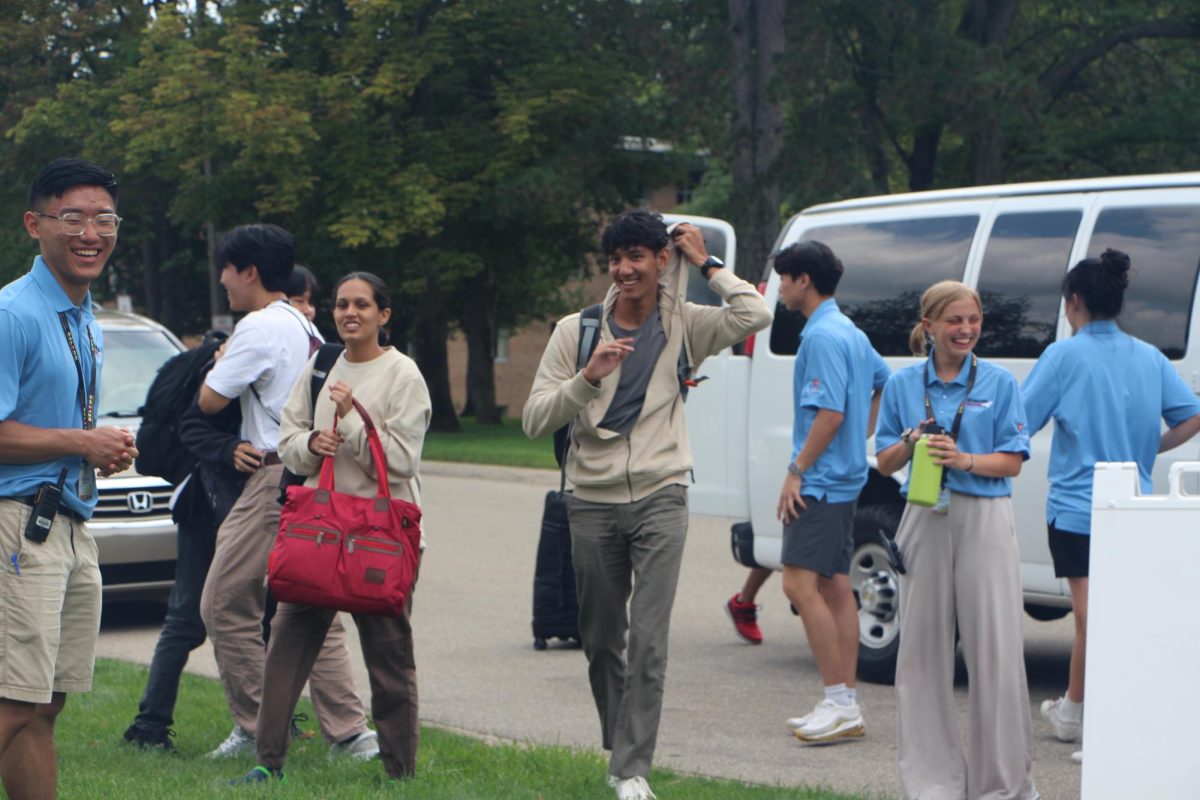Deep in the mountains of rural Honduras, where there were more coffee plants and wandering cows than people, our bus sputtered and stopped. Its wheels spun helplessly, burying us deeper into the muddy road.
It was raining. We filed out of the bus to push and to throw clods of dirt and rocks beneath the tires for traction, but it wasn’t until local people brought us a length of rope and helped us pull that the bus began to slide forward.
I’m from the suburbs. Three months earlier, I had never left the United States. But there I stood, knee-deep in muck, pulling our vehicle in unison with people who before had only been statistics to me. I looked out over hills of distant coffee farms and dripping-wet banana trees and I was amazed at how very different the world is from everything I was used to.
In Honduras, where 10 of us studied abroad last fall, nothing was like what we were used to. One day we dressed up for class at the U.S. embassy in Honduras, hearing from speakers about the political climate; the next, we visited rural farms where families could barely afford to buy school supplies for their children.
Much in Honduras was a study in contrasts. A still-developing country, its streets host both beggars rattling cups for change and business people checking their iPhones.
“It surprised me how much of Honduras was similar to the United States, and how much was different,” said sophomore Bethany Cok, who was in Honduras with me. “One day we could shop at a multi-story mall with a movie theater downtown and it felt almost like the U.S., and the next day we’d be in a rural community where people rely on subsistence farming to survive.”
Students have been experiencing these contrasts in Honduras ever since Calvin graduates Kurt Ver Beek and Jo Ann Van Engen proposed the semester 18 years ago. Kurt and Jo Ann drew from their own experience working abroad in Costa Rica after they were married.
“We quickly realized that although our intentions were good, we really hadn’t learned much in our college career that would help us do our jobs well,” said Jo Ann, “So we started the Calvin program to give students the kind of preparation that we wished we would have gotten way back when.”
This upcoming fall the semester previously called Development Studies in Honduras has a new name – Justice Studies. This name change acknowledged in part the students from diverse majors outside of development studies who were drawn to the program, but also recognized that development work itself was part of a bigger picture.
“We used to spend a lot of time talking about the importance of agriculture, health, education, housing and other big topics that seemed essential to helping the poor. But over the years it became obvious that the poor can’t hang on to any of those things if they live in a society where no one protects their rights,” Jo Ann said.
Part of what made this teaching so memorable was how many statistics came to life for us. On farms and in factories, we had the chance to hear from otherwise-marginalized people.
“When our friend David talks about his harrowing journey to get to the U.S. where he hoped to find work that would provide for his wife and baby, our students care a lot more about the issues involved in fixing our broken immigration system,” said Jo Ann.
And this personal aspect stuck with many of us. Living with and becoming close to our host families meant that we would never again be able to read about Honduras without thinking not just of people we met in passing, but also of our Honduran mothers, aunts and brothers.
Junior Rudi Koornneef became especially close to her family. “I loved coming home and having my four little sisters run up to me and give me a hug,” said Koornneef.
Through these instances and more, senior Raquel Botero said, “I think my eyes were opened to the importance of seeking justice for the poor especially.”
The semester gave her inspiration to find a way to get involved. “Because I know that God loves the people living under constant threat of violence and extreme poverty just as much as he loves middle class America, I realized that it’s our job as Christians to do something about this injustice,” Botero said. “We all have a part to play, and I don’t think I’ll be able to look at life here the same ever again.”
Life in Honduras may be unpredictable, but in this we experienced both challenge and joy. In sweatshops and toy factories, through hectic traffic and garbled Spanish, the 10 of us experienced a country in need of justice alongside those actively pursuing it.
In Honduras, our professors told us, “Understand that schedules will change at the last minute, that hundreds of cattle may suddenly appear in the middle of the road and they always get the right of way,” or, like we discovered, “that buses will get stuck in mud in the pouring rain and require a whole lot of pushing and creativity to get unstuck.”
“But usually,” they continued, “we find that all that unexpectedness and last-minute change makes life interesting and unpredictable and more real somehow.”



